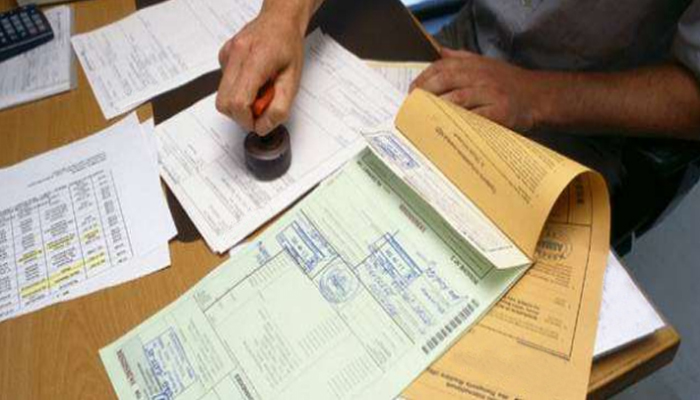What is Customs
Customs is an authority or agency in a country responsible for collecting tariffs and for controlling the flow of goods, including animals, transports, personal, and hazardous items, into and out of a country. The movement of people into and out of a country is normally monitored by migration authorities, under a variety of names and arrangements. Immigration authorities normally check for appropriate documentation, verify that a person is entitled to enter the country, apprehend people wanted by domestic or international arrest warrants, and impede the entry of people deemed dangerous to the country. Compare illegal emigration.


What is Customs Clearance
All goods shipped internationally must pass through customs before they are allowed to enter or exit a country. This includes anything sent by sea, air, or land. Once cleared, the shipper is provided with a document that confirms that all customs duties have been paid and that the shipment of goods may proceed. A freight forwarder will usually handle the customs clearance process, but you may also choose to hire a customs broker.
We follow the guidelines of the Customs Act and discharge our obligations as a Custom Broker with the highest standards of professionalism and ethics. Our goal is to provide seamless and efficient customs clearance services, helping our clients to avoid delays and ensuring compliance with all regulations.
The Customs Clearance Process
1. The customs officer will look at the paperwork for your shipment. All international
shipments need to have a commercial invoice. This document will list both the shipper and
the receiver's contact information, in addition to shipment details such as export date and
airway bill number.
More importantly, the invoice will have a description of the item and it's total value.
2. The customs officer will see if any taxes and duties apply to your shipment. This will depend on the type of goods, their value, and the laws of the importing country. If it's determined that the value of the goods are above the tax threshold, then the officer will check whether these taxes and duties have been paid.
3. Customs will request payment of taxes and duties, if they haven't been paid. This is where
the option of DDU (Deliver Duty Unpaid) and DDP (Deliver Duty Paid) comes into effect.
If a shipment is marked as DDP, this means that payment of the taxes and duties have
already been paid for. Some express couriers have their own customs brokers who can
process this payment for you, and they offer these services at a fixed price when you pay for
your label.
However, if the shipment is marked as DDU, customs will forward the package to an
independent customs broker to collect the required amount.
This is where it can get very expensive, as all brokers are independent and each charge a
different fee structure. Different fees such as brokerage, storage, and late payment fees may
apply, making it impossible to tell the customer what their final amount will be.
Additionally, these brokers will need to contact the recipient to collect payment, which can
throw off your customer if they are unaware of these additional charges.
This is why we recommend sellers to pre-pay duties for a smoother delivery experience.
4. Once it's confirmed that outstanding taxes and duties have been paid, the shipment is
released and continues on to its final destination.
And that's it! As long as you have the required paperwork and understand how to handle
taxes and duties, clearing customs should be a breeze.
